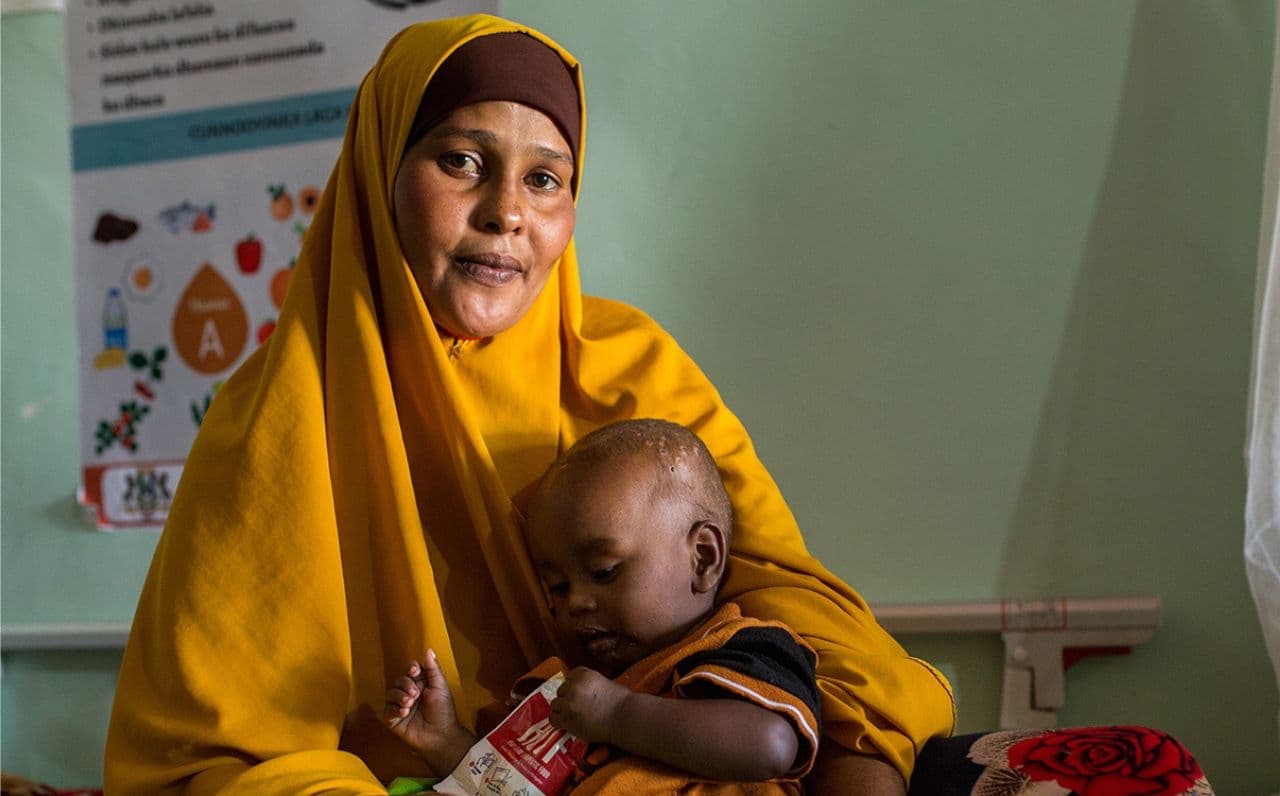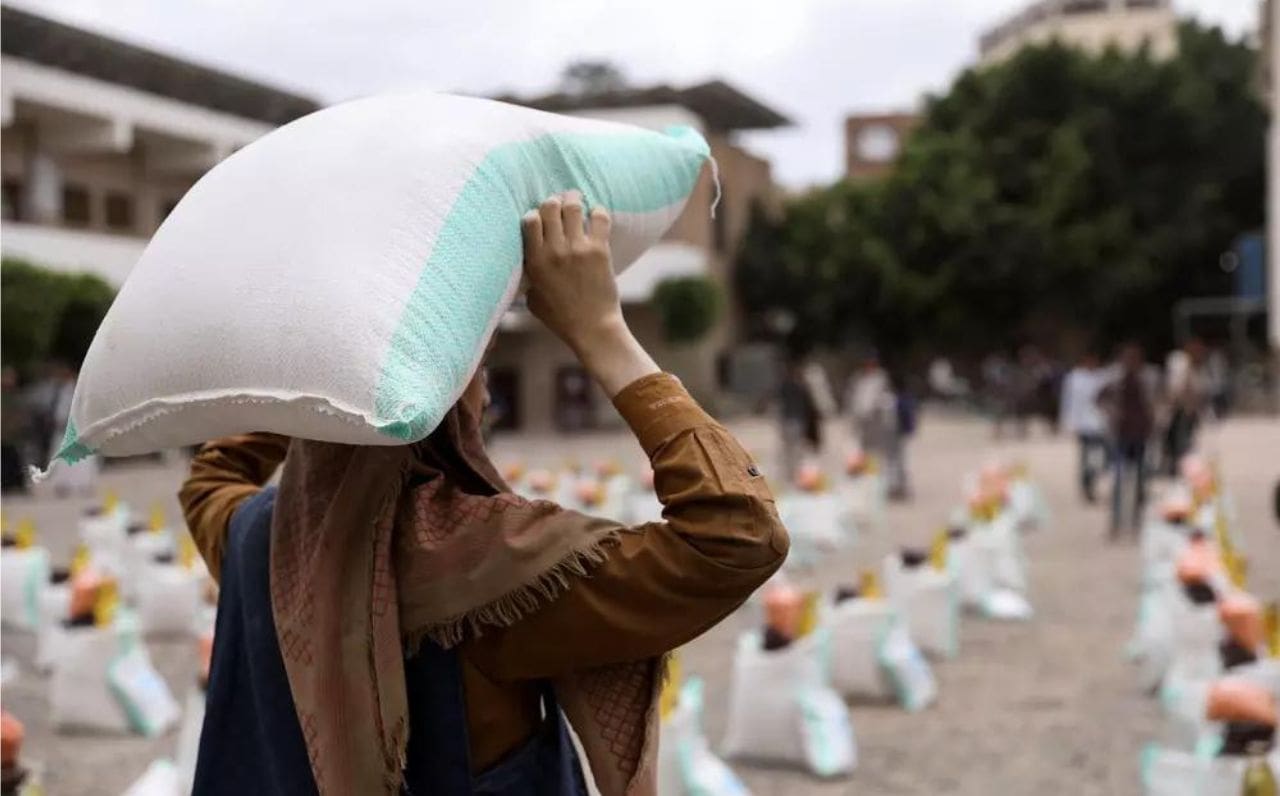Situation of Afghans refugees in Iran
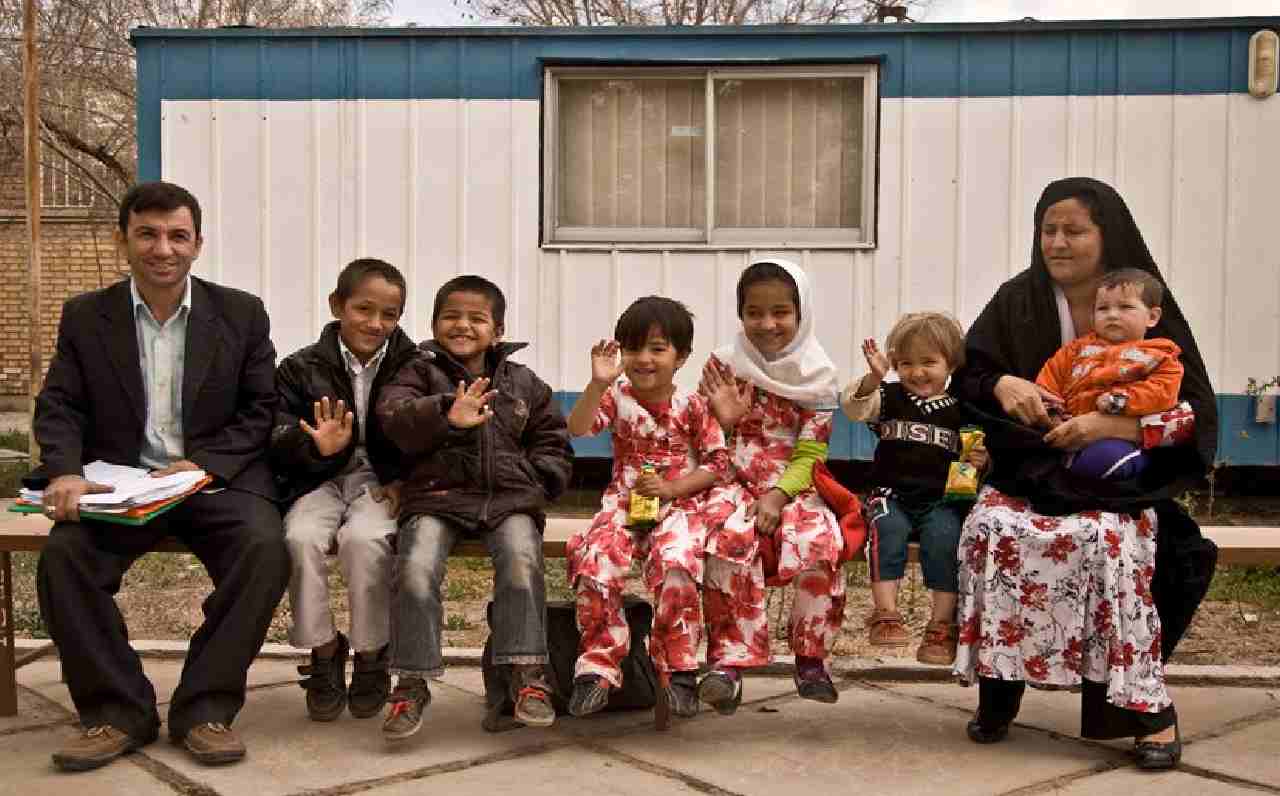
Fear of deportation and threat of exploitation.
After the Taliban came to power, a new wave of Afghan migration to Iran began. Iran is in fact the first option for them to get out of the current situation, and they have no other choice.
“People are simply being dumped on the border” by Iranian authorities, a United Nations official said. “The percentage of deportations is rising dramatically since the takeover by the Taliban,” the official said.
Migrants without passports or Iranian visas usually enter Iran via desert smuggling routes in the province of Nimroz, where the borders of Afghanistan, Iran and Pakistan meet. Returnees on the way back cross the Silk Bridge linking Afghanistan and Iran as they walk alongside fuel trucks and baggage handlers pushing rickety trolleys and wearing scarves and swimming goggles to protect against windblown sand.
About 780,000 registered Afghan refugees and 2.3 million undocumented live in Iran, 55% of them in Tehran, Isfahan, and Razavi Khorasan. There has been discrimination against Afghans in general and undocumented ones in particular.
Iranian officials say around 4,600 children collect recyclable garbage on the streets of Tehran to sell and that the numbers are growing. It's estimated that 95 percent are foreigners and most of them are young Afghans. Many other children work at markets or cleaning cars in the Iranian capital.
Most of them often visit the German embassy in central Tehran once or twice a week. Many Afghans gather in front of the German embassy in Tehran every day in hopes of finding out about possible opportunities and asylum in Europe. It is very difficult for them in Iran to enter Europe legally. Countries like Germany only accept rare cases: for example, former German military personnel or Afghan colleagues from German relief organizations. None of this applies to many Afghans and their familylies and if Iran expels them, where should they go? Shall they return to the war?
Source and Credit : RFREL, WSJ, UNHCR
Middle east

2022 Jan 20
Middle east

2024 Dec 10
Africa

2024 May 10
Threats against Christians in Australia increase
International, Americas

2024 Apr 16
Increasing Arrests and Faceless Victims Revealed in Latest Findings.
Middle east

2024 Feb 23
SimilarNews
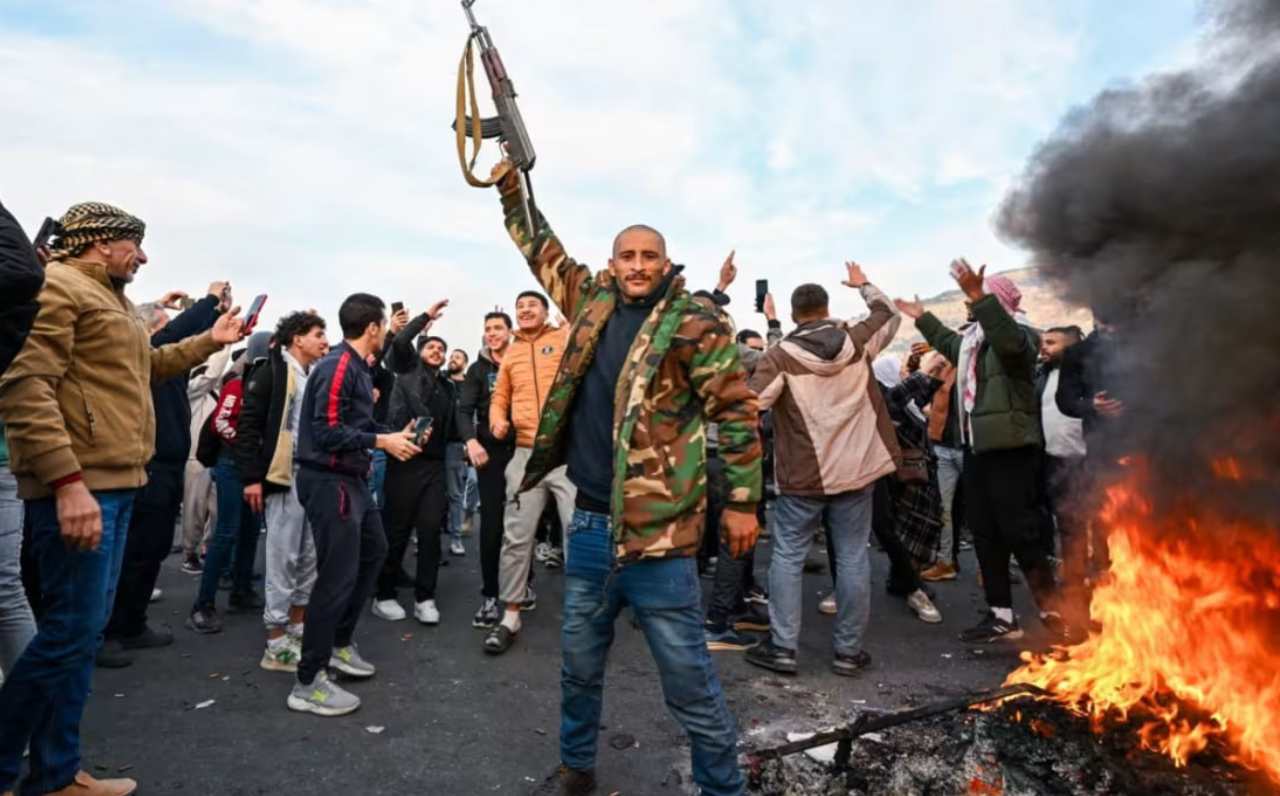 Syrian Christians Face Persecution
Syrian Christians Face Persecution Rebel Takeover Sparks Fear for Minority Groups.
Middle east

2024 Dec 10
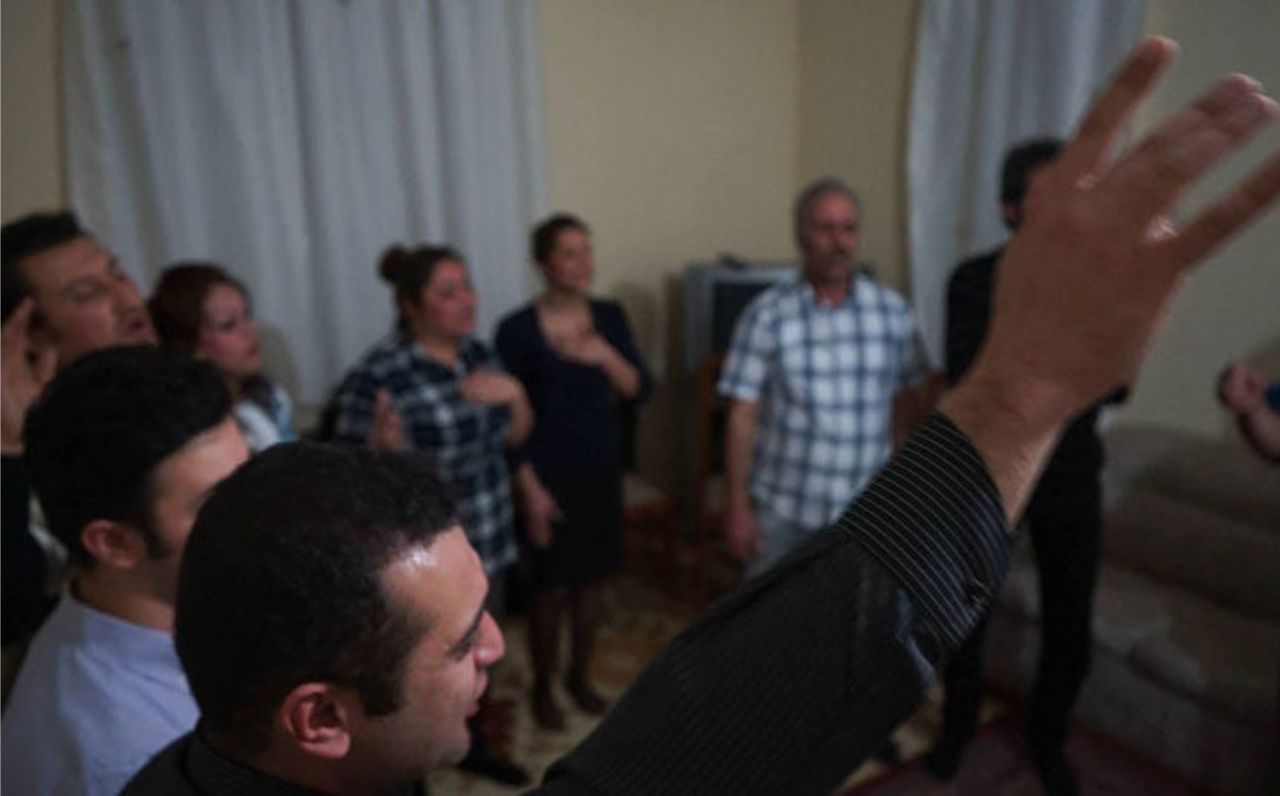 Report Highlights Rights Violations Against Christians in Iran
Report Highlights Rights Violations Against Christians in Iran Increasing Arrests and Faceless Victims Revealed in Latest Findings.
Middle east

2024 Feb 23
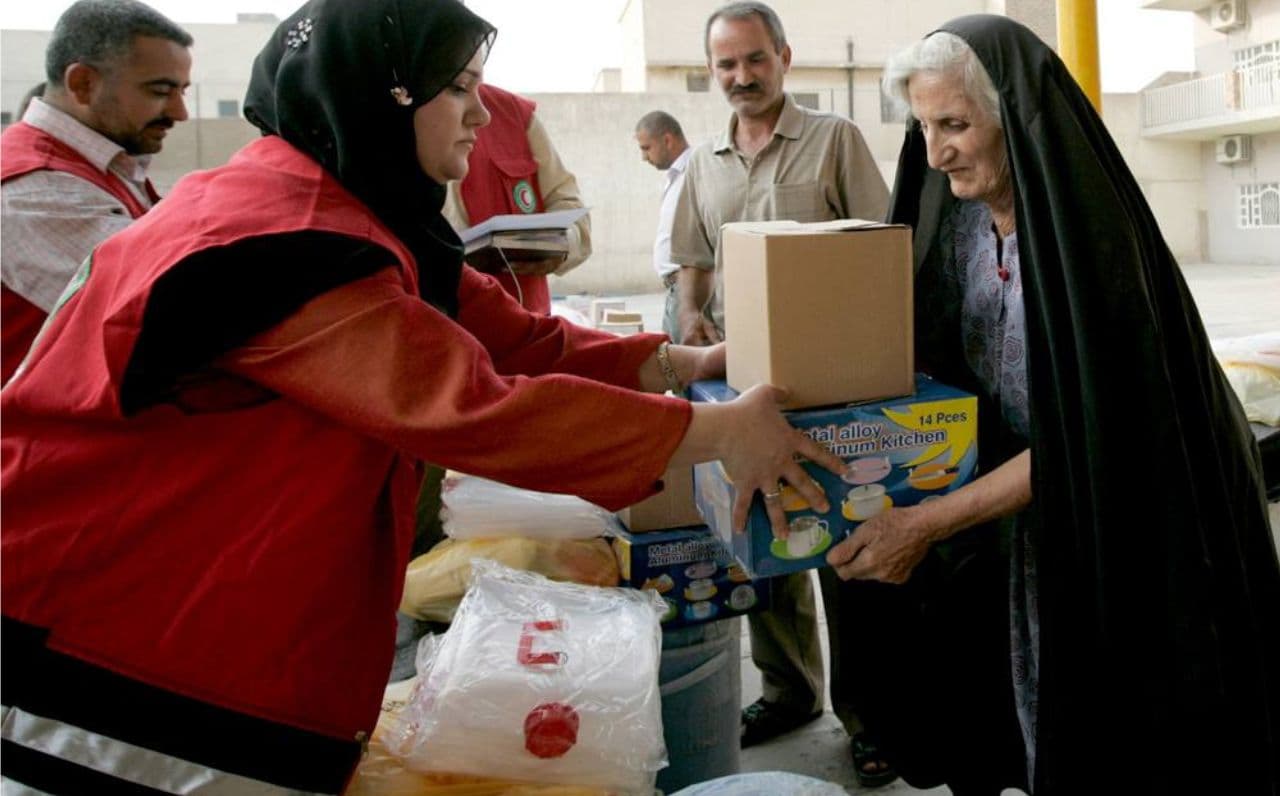 Coalition Strengthens Aid Efforts for Displaced Christians in Iraq
Coalition Strengthens Aid Efforts for Displaced Christians in Iraq Uniting to Provide Crucial Assistance Amid Ongoing Challenges.
Middle east

2024 Feb 19
Slavery Grips Pakistan's Christian Minority.
Middle east

2024 Jan 27
Concerns about the detrimental impact on civilians and IDPs.
Middle east

2024 Jan 26
